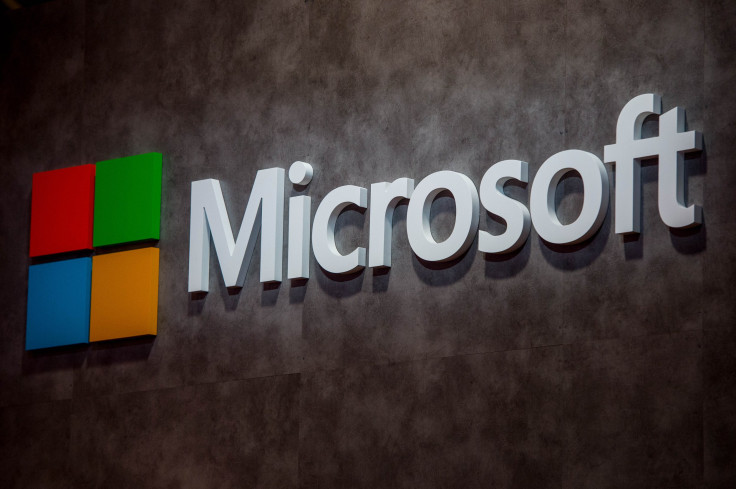Microsoft Developing Artificial Intelligence Processor For HoloLens 2

Artificial intelligence has been a growing field for tech companies and the technology is starting to make its way to consumer electronics. In a blog post Monday, Microsoft detailed plans for its HoloLens 2 mixed reality headset and confirmed that it would utilize a dedicated coprocessor for AI processing.
Technologically, here’s why Microsoft wants to move AI work right onto the HoloLens 2. Traditionally, companies have either offloaded AI processing onto the cloud or used the processor included in a device by default.
Read: Elon Musk Warns US Governors: Regulate Artificial Intelligence Before 'It's Too Late'
But as AI applications have become increasingly demanding and resource-intensive, companies have run into the limitations of this approach. Especially at the consumer level, the processing time needed to bounce tasks to and from the cloud and the limits of existing hardware are hurdles to the lag-free AI performance that companies want from their devices. In quick-reaction situations like gaming or using a self-driving car, buyers will easily notice a millisecond or multi-millisecond delay in processing.
In the post, Microsoft director of science Marc Pollefeys detailed how companies have traditionally tackled AI processing:
Although we have seen large improvements in the accuracy of recognition as a result of Deep Neural Networks (DNNs), deep learning approaches have two well-known challenges: they require large amounts of labelled data for training, and they require a type of compute that is not amenable to current general purpose processor/memory architectures. Some companies have responded with architectures designed to address the particular type of massively parallel compute required for DNNs, including our own use of FPGAs, for example, but to date these approaches have primarily enhanced existing cloud computing fabrics.
As with computers that use dedicated graphics cards for gaming or applications, the coprocessor will work exclusively from the HoloLens’ internal battery and the updated headset has yet to get a confirmed release date. Microsoft is also far from the only company to be looking into AI-specific components. Competitors like Google, Facebook and Nvidia have also explored including similar processors for AI.
Read: Google Launches Gradient Ventures, Firm Focusing On Artificial Intelligence Startups
The increased investment in AI-tailored hardware speaks to the interest and importance AI now has for tech companies. From Microsoft’s end, the company has showcased its work with AI publicly in the past. At its Build developers conference earlier this year, Microsoft held a demo where AI-powered cameras at a mock construction site could identify workers or equipment and help prevent accidents. For a mixed reality device like the HoloLens, the potential applications for AI are similar: AI could help power overlays to give you additional information about things you see or hear in the real world.
The broad applications of AI have also led to similarly broad interest among investors. Venture firms have spurred investment in AI-focused companies and companies like Google and Microsoft have been similarly aggressive about targeting incubation or investment opportunities in the space.
© Copyright IBTimes 2024. All rights reserved.





















